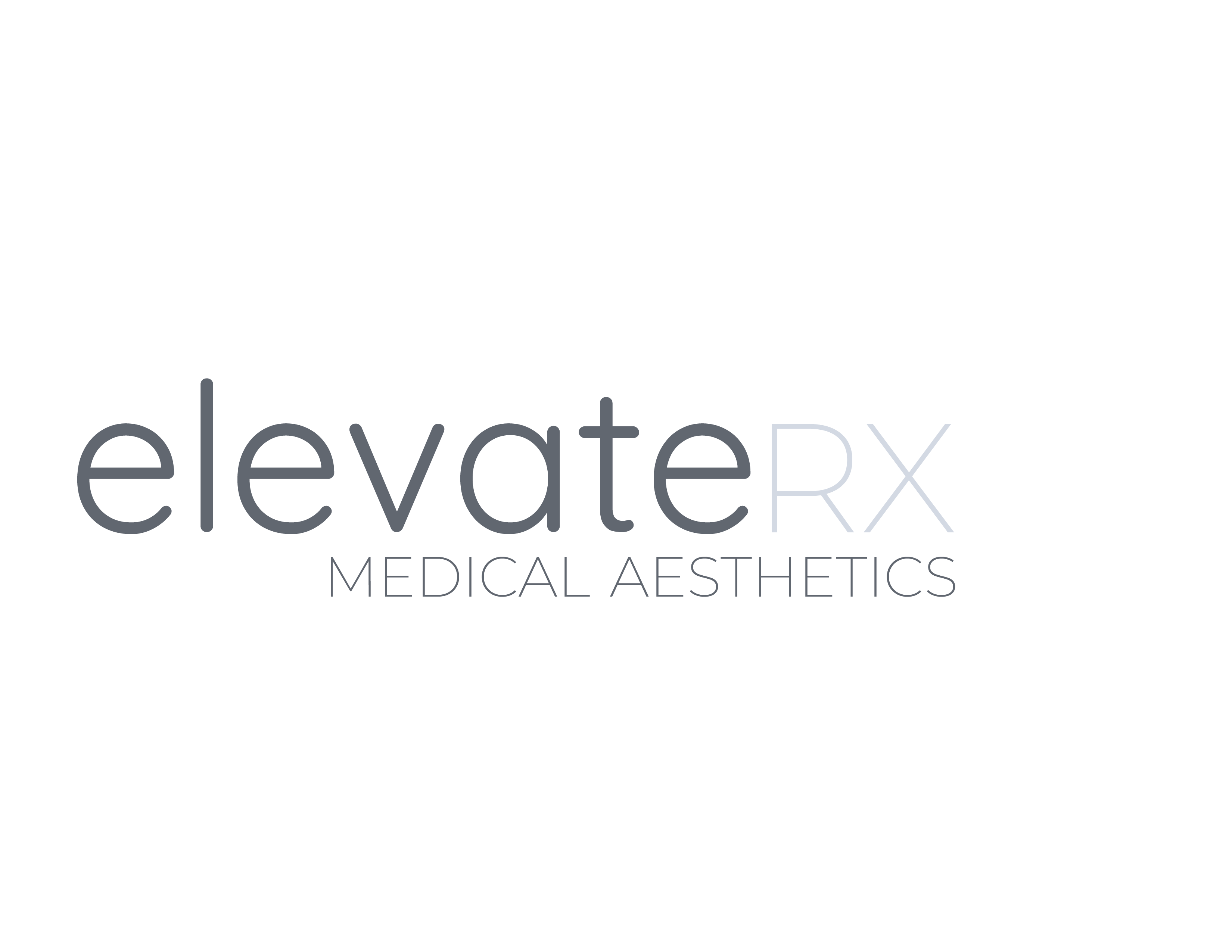Medication adherence refers to the extent to which patients take their medications as prescribed by their healthcare providers. It is a crucial aspect of managing chronic conditions and achieving positive health outcomes. Unfortunately, studies have shown that medication non-adherence is a common issue among patients, with estimates suggesting that up to 50% of patients do not take their medications as prescribed. This can lead to worsened health outcomes, increased healthcare costs, and decreased quality of life.
To address the issue of medication non-adherence, healthcare providers and patients can implement various strategies to improve adherence rates. One effective strategy is the use of prescription delivery services. Prescription delivery services, such as mail-order pharmacies or online pharmacies, offer the convenience of having medications delivered directly to a patient’s doorstep. This can help patients overcome barriers to adherence, such as transportation issues or mobility limitations, by ensuring that they have easy access to their medications.
Another effective strategy for improving medication adherence is patient education. Providing patients with information about their medications, including how they work, potential side effects, and the importance of adherence, can help increase patient understanding and motivation to take their medications as prescribed. Healthcare providers can also work with patients to develop personalized medication schedules and reminders to help them remember to take their medications on time.
In addition to patient education, healthcare providers can use technology to improve medication adherence. For example, electronic pill dispensers can be programmed to alert patients when it is time to take their medications, while smartphone apps can provide medication reminders and track adherence rates. These tools can help patients stay organized and on track with their medication regimens.
Furthermore, healthcare providers can work with patients to address any concerns or barriers to adherence that they may have. This could involve adjusting medication regimens to minimize side effects, providing support for managing complex medication schedules, or addressing financial barriers to medication access. By taking a patient-centered approach to medication management, healthcare providers can help improve adherence rates and ultimately improve patient outcomes.
In conclusion, medication adherence is a critical aspect of managing chronic conditions and achieving positive health outcomes. Healthcare providers and patients can work together to implement strategies that promote adherence, such as using prescription delivery services, providing patient education, utilizing technology, and addressing barriers to adherence. By taking a proactive approach to medication management, healthcare providers can help patients achieve better health outcomes and overall quality of life.
For more information visit:
ElevateRx Medical Aesthetics
https://www.elevaterx.ca/iv-therapy/
613-518-1942
164 Lebreton Street North, Ottawa, ON, K1R 7H8
ElevateRx Medical Aesthetics is a modern evidence-based Ottawa skin clinic offering cosmetic injection and skin treatments in a safe and comfortable environment. Treatments include Botox, Fillers, PRP, PRF, along with facials such as chemical peels, dermaplaning, IPL and rejuvenation.
Elevate your look with our safe, evidence-based products and services designed to support your mind, body, and spirit.